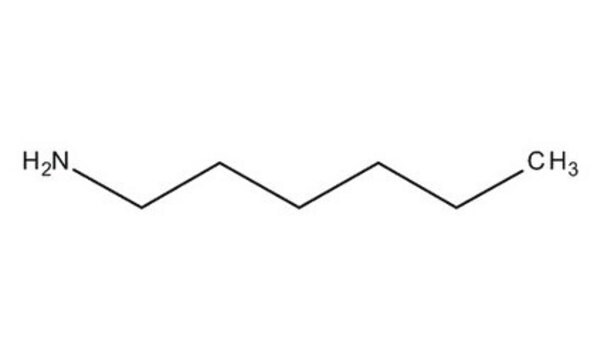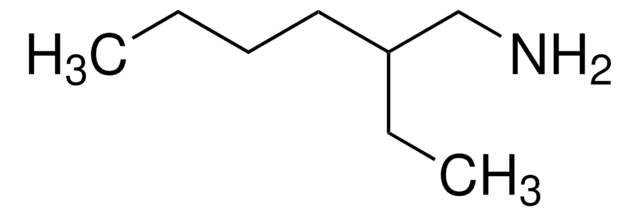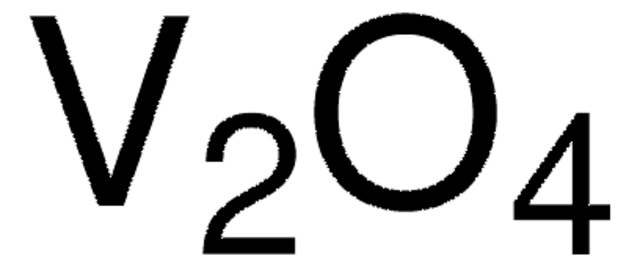About This Item
Recommended Products
Quality Level
Assay
99%
form
liquid
expl. lim.
2.1-9.3 %
refractive index
n20/D 1.418 (lit.)
bp
131-132 °C (lit.)
mp
−23 °C (lit.)
density
0.766 g/mL at 25 °C (lit.)
functional group
amine
SMILES string
CCCCCCN
InChI
1S/C6H15N/c1-2-3-4-5-6-7/h2-7H2,1H3
InChI key
BMVXCPBXGZKUPN-UHFFFAOYSA-N
Looking for similar products? Visit Product Comparison Guide
Related Categories
Application
- As an initiator to synthesize defined polypeptides by primary amine-initiated N-carboxyanhydride ring opening polymerization reaction.
- As a reactant to modify alkanethiol monolayers at polycrystalline gold surfaces via amide bond formation reaction.
- To functionalize the surface of MWCNT, graphene oxide, and polyurethanes. These functionalized composites materials find applications in absorption, CO2 capture, and as barrier materials.
Signal Word
Danger
Hazard Statements
Precautionary Statements
Hazard Classifications
Acute Tox. 3 Dermal - Acute Tox. 3 Oral - Aquatic Chronic 2 - Eye Dam. 1 - Flam. Liq. 3 - Skin Corr. 1A
Storage Class Code
3 - Flammable liquids
WGK
WGK 1
Flash Point(F)
80.6 °F - closed cup
Flash Point(C)
27 °C - closed cup
Personal Protective Equipment
Choose from one of the most recent versions:
Certificates of Analysis (COA)
Don't see the Right Version?
If you require a particular version, you can look up a specific certificate by the Lot or Batch number.
Already Own This Product?
Find documentation for the products that you have recently purchased in the Document Library.
Customers Also Viewed
Protocols
Information on the Amide bond and the Catalytic Amide Bond Formation Protocol. Amidation of amines and alcohols. The amide bond, an important linkage in organic chemistry, is a key functional group in peptides, polymers, and many natural products and pharmaceuticals.
Separation of Propylamine; Butylamine; Pentylamine; Hexylamine; Heptylamine; Octylamine; Nonylamine; Decylamine
Our team of scientists has experience in all areas of research including Life Science, Material Science, Chemical Synthesis, Chromatography, Analytical and many others.
Contact Technical Service














